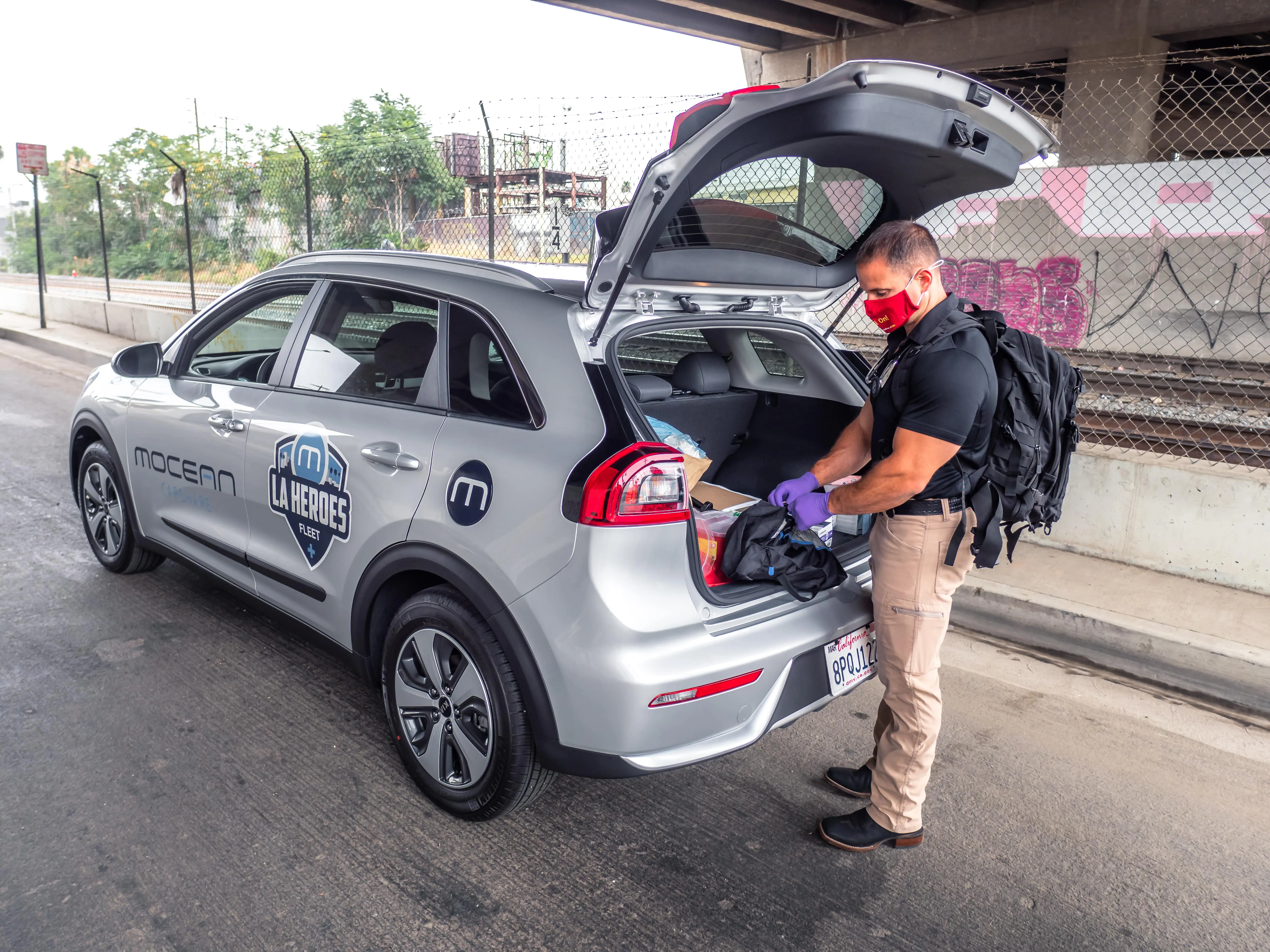The University of Michigan (U-M) plans to invest US$100 million over the next five years in a new data science initiative aimed at working with big data sets that can further research into such things as driverless cars, medicine and climate change.
The money will pay for 35 new faculty members to be hired over the next four years, support interdisciplinary data-related research initiatives and foster new methodological approaches to big data, as well as enabling the university to expand its research com
September 9, 2015
Read time: 2 mins
The University of Michigan (U-M) plans to invest US$100 million over the next five years in a new data science initiative aimed at working with big data sets that can further research into such things as driverless cars, medicine and climate change.
The money will pay for 35 new faculty members to be hired over the next four years, support interdisciplinary data-related research initiatives and foster new methodological approaches to big data, as well as enabling the university to expand its research computing capacity.
In one project at U-M's Mobility Transformation Center, for example, researchers are collecting a continuous stream of data at a rate of ten times per second from each of nearly 3,000 private cars, trucks and buses on the streets of Ann Arbor in order to test the operation of connected vehicles. The DSI will help collect, store and analyse the huge amount of data being generated even as the number of vehicles expands to more than 20,000.
The university is also carrying out research in medicine And public health, teaching and learning, and social science.
"Big data can provide dramatic insights into the nature of disease, climate change, social behaviour, business and economics, engineering, and the basic biological and physical sciences," said U-M President Mark Schlissel. "With our widely recognised strengths across all of these areas and our longstanding culture of collaboration across disciplines, U-M is in a unique position to leverage this investment in data science for the good of society."
"Big data is revolutionising research in an extraordinary range of disciplines," said S. Jack Hu, interim vice president for research. "With this initiative, our goal is to spark innovation in research across campus while inspiring further advances in the techniques of data science itself."
The money will pay for 35 new faculty members to be hired over the next four years, support interdisciplinary data-related research initiatives and foster new methodological approaches to big data, as well as enabling the university to expand its research computing capacity.
In one project at U-M's Mobility Transformation Center, for example, researchers are collecting a continuous stream of data at a rate of ten times per second from each of nearly 3,000 private cars, trucks and buses on the streets of Ann Arbor in order to test the operation of connected vehicles. The DSI will help collect, store and analyse the huge amount of data being generated even as the number of vehicles expands to more than 20,000.
The university is also carrying out research in medicine And public health, teaching and learning, and social science.
"Big data can provide dramatic insights into the nature of disease, climate change, social behaviour, business and economics, engineering, and the basic biological and physical sciences," said U-M President Mark Schlissel. "With our widely recognised strengths across all of these areas and our longstanding culture of collaboration across disciplines, U-M is in a unique position to leverage this investment in data science for the good of society."
"Big data is revolutionising research in an extraordinary range of disciplines," said S. Jack Hu, interim vice president for research. "With this initiative, our goal is to spark innovation in research across campus while inspiring further advances in the techniques of data science itself."








